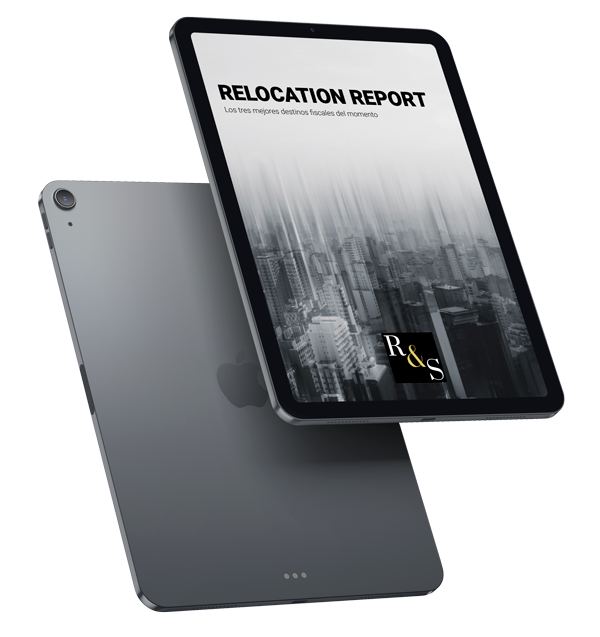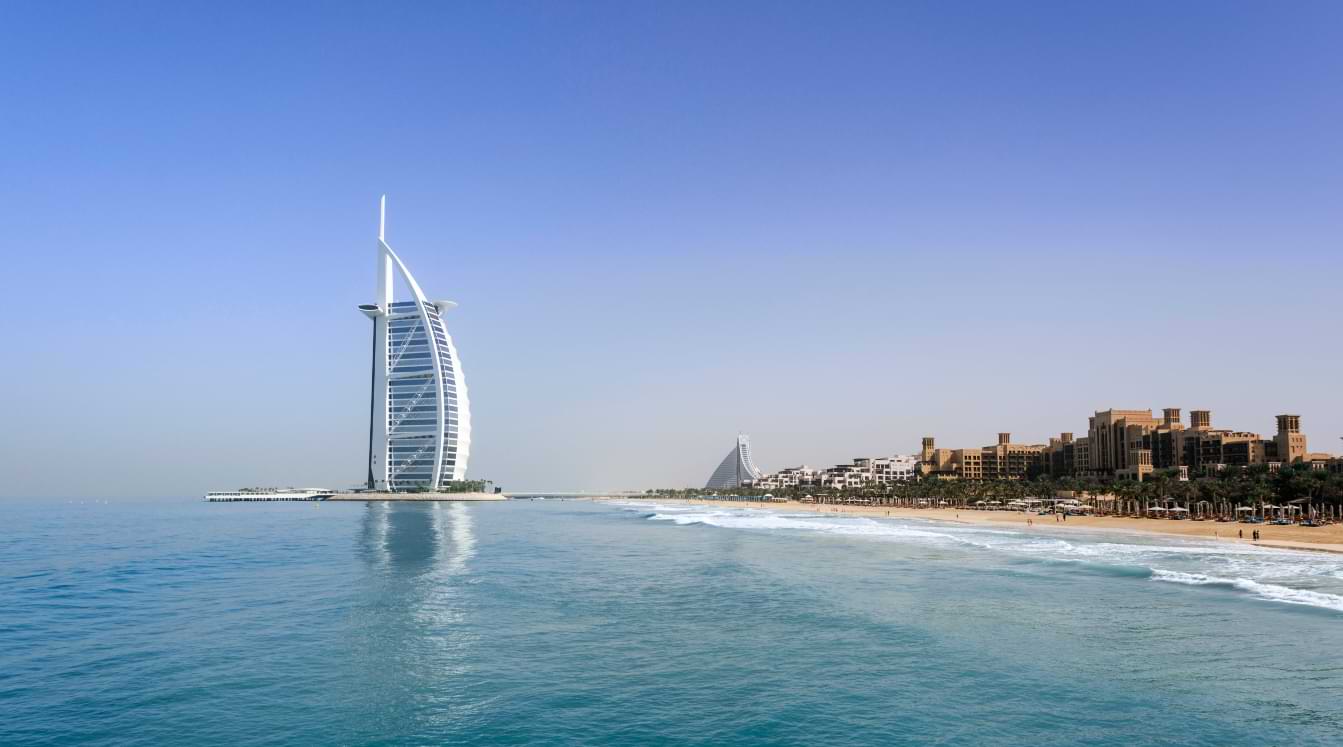Living in Italy offers a unique opportunity for expatriates and high-net-worth individuals to benefit from an attractive tax regime, the Flat Tax regime of EUR 100,000.
Enjoying the rich cultural heritage, exquisite cuisine, and breathtaking landscapes of Italy, all while benefiting from tax regime that may allow to super rich to reduce their taxation to low percentatges is it possible thanks to the Italian flat tax regime.
Italy’s warm climate, vibrant lifestyle, and strategic location in Europe further enhance the appeal of this option, making it a compelling choice for anyone considering a preferential tax regime in a country which is easy and worthy living (rather than small islands or countries).
The Italian EUR 100,000 flat tax regime was approved on 2017 by Mateo Renzi goverment with the aim of attracting high-net-worth foreigners to invest in the country and contribute at least with EUR 100,000 to the state treasury.
Indeed, this Flat tax regime has been chosen by more and more taxpayers. In the year the scheme launched, there were 98 of these super-rich and the figure has risen constantly, reaching over 2000 tax payers the last year 2023.
Similar to the impatriate (also called non-dom) regimes in Malta, Cyprus and England, this regime offers very attractive direct taxation and is already known as the ideal regime for the “mega-rich”, making it one of the best preferential tax regimes in Europa after the modification of the Portuguese NHR the last 2024.
Who is eligible for the Italian Flat Tax Regime?
The Italian flat tax regime is mainly aimed at high net worth individuals or “megariches” who have never resided in Italy or have not done so for a long time. In fact, this flat tax has already attracted Russian oligarchs, Latin American millionaires, IT geniuses and even Cristiano Ronaldo to Italy.
Thus, in order to be elegible for the Italian Flat Tax Regime individuals should:
- Move their residency to Italy by renting or purchasing a flat that may be considered their habitual abode and register in a Italian townhall.
- Have not been resident in Italy for at least 9 of the last 10 years from the time of opting for the flat tax.
It is possible to apply for this tax rate even if you ra coming from a country does not have a tax treaty with Italy. Your nationality or domicile doesn’t matter neither. So it doesn’t really matter what country you move from either, as long as you have not been a tax resident prior to the move.
Italians living abroad at least for 9 years can also avail of this to repatriate.
How does the Italian Flat tax regime work?
The main features of the Italian flat tax are as follows:
- The individual pays an annual flat tax or flat rate of EUR 100,000 on all foreign source income. The rest will be exempt, i.e. 0%.
- The taxpayer can exclude from the flat tax those countries he/she considers, which will be taxed at ordinary Italian taxation. This allows the so-called “Cherry Picking”, which makes it possible to exclude from the flat tax rate those that generate deductions and/or are income under a beneficial Double Taxation Agreement.
- Ordinary taxation on income generated in Italy such as salary generated in the country, yields from Italian banks, real estate rentals located in Italy etc.
- The flat tax also includes any income obtained through investment vehicles and funds established outside Italy. The Italian anti-abuse rules of fiscal transparency will not apply in such a case.
As an exception to the rule, capital gains derived from the sale of qualifying shares (holding more than 25% of the capital or 20% of the voting rights) will be taxed at ordinary Italian income and will not benefit from the flat tax during the first 5 years of application of the regime. - The taxpayer will be exempt from paying inheritance and gift tax on assets located abroad.
- No obligation to submit information on foreign assets (companies, real estate, etc.) to the Italian authorities.
- Possibility to extend the regime to more family members (partner, children) for an additional amount of EUR 25,000 for each additional member added to the regime.
- The flat tax regime can be applied for a maximum duration of 15 years. The taxpayer can revoke the option at any time.
Can I become tax resident under the Italian flat tax regime?
One of the primary concerns for applicants of the Italian flat tax regime is establishing their tax residency status in Italy and understanding the permitted duration of their stay within the country.
A natural person is considered a tax resident in Italy if, for the majority of the fiscal year, the person is registered in the Registry of the Resident Population in Italy (Anagrafe); has a ‘residence’ in Italy (usual domicile); or has the main center of business and economic interests in Italy.
Unlike many jurisdiction, the basic criterion for tax residency in Italy is registration in the records of the Italian resident population, so there is no review of the number of days to reside in Italy to receive the certificate of tax residence that grants Italian tax benefits.
However, this does not imply that an individual can live the rest of the year in another jurisdiction without having problems, since consolidating the tax residence is essential to avoid problems with foreign tax authorities.
Despite the aforementioned points, it’s worth noting that certain countries may not recognize individuals under a flat tax regime as tax residents under the terms of a double taxation treaty. Therefore, it is crucial to seek professional advice to navigate this issue with due diligence
However, it is worthy to mention that the Italian flat tax regime does not require you to stay a certain amount of days living in Italy, allowing you to travel freely around the world.
Who is it attractive for?
The Italian flat tax regime is tailored to attract HNWI and top-tier professionals who operate outside of Italy, offering significant tax benefits.
During our years of experience advising on this regime, we can definetely state that the regime Italian Flat tax regime is really profitable for the following profiles:
- HNWI or wealthy individuals that live mainly from their passive income coming from foreign banks, family offices and trusts. Under this regime someone receiving millions in dividends can pay only EUR 100,000, achiving really low taxes in a legal way.
- Entrepreneurs receiving foreing income.
- Funds promoters in Private Equity or Ventura Capital.
- Professional athletes like tennis, golf, and motor racing stars, who often earn their income internationally thorugh image rights.
- Individuals living from IP rights, royalties etc.
In this regard, this fiscal incentive simplifies tax planning and positions Italy as an attractive destination for high earners. Nonetheless, expert tax advice is recommended to ensure full compliance and to maximize the benefits of this regime.
Being able to replace the tax you would have to pay on all your foreign income with a one-off payment of 100,000 euros is undoubtedly a great attraction for all the mentioned profiles, that can reduce their taxation even on a 90%.
Can I apply to the Italian Flat tax regime if I am not European?
This special regime has also been accompanied by an “Investment visa” to attract non-European high net worth individuals or sportsmen.
Foreign investors should be willing to make one of the following investments:
- 1 million euros in Italian companies
- 2 million euros in Italian government bonds
- 1 million euros donated to charities, the Italian government offers the possibility to obtain a resident visa in Italy for a minimum period of two years
The abovementioned procedure applies to both the taxpayer and their descendants.
Addtionally, there is the Italy’s Elective Residency Visa (D7) where applicants must demonstrate that they have an independent, stable, and asset-based source of income – such as from a pension fund, annuities, or rental income – sufficient to maintain themselves financially while residing in Italy.
In 2022, the specific levels of annual income required are EUR 32,000 for the main applicant EUR 6,800 additionally for a spouse EUR 6,240 per additional dependent child under 18.
In this regard, the Italian government has provided with two “fast track” to grant residency to non-EU high net worth individuals who can also benefit from the special regime for non-residents.
What is the Italian Flat tax pre ruling?
In Italy, it is possible to request a pre-ruling (ruling preventivo) from the Italian tax authorities for your Italian Flat tax regime. This ruling can clarify whether the taxpayer’s situation qualifies for the regime and how it would apply to their foreign income and assets.
The pre ruling is it a key point in order to ascertain if an individual is elegible and how is going to be taxed during the duration of the regime. After a ruling request, if the tax authorities issue a positive response, the ruling is binding upon them as long as the taxpayer fully disclosed all relevant facts and circumstances and these remain unchanged.
The ruling can be prepared even before coming to Italy and keep for a future relocation, we always recommend to issue one before moving to Italy.
What are you waiting for to make an appointment with our Italian advisor?
Our team of experts includes a Doctor of International Tax Law from Leiden University and professionals with over 20 years of experience. They have collectively facilitated the issuance of hundreds of tax rulings since our firm’s inception, thanks to our client-focused approach.
If you are interested in applying for this valuable opportunity that offers an advantageous tax regime for 15 years before it expires, please contact us directly at [email protected] or reach out to our specialists for personalized assistance.





